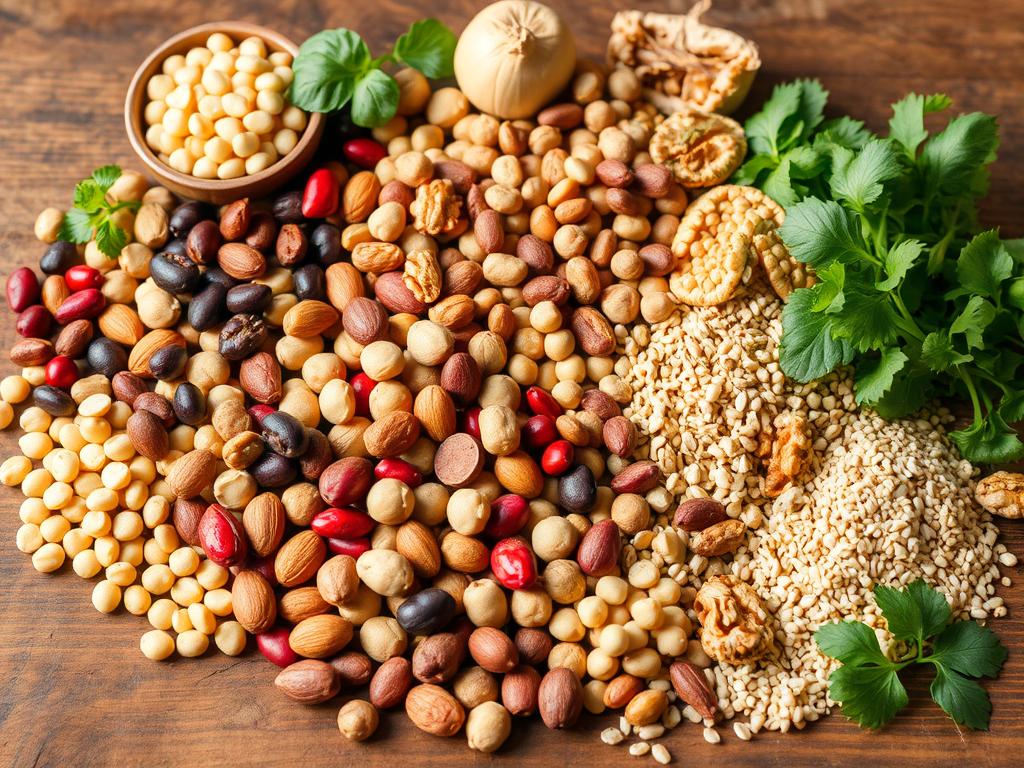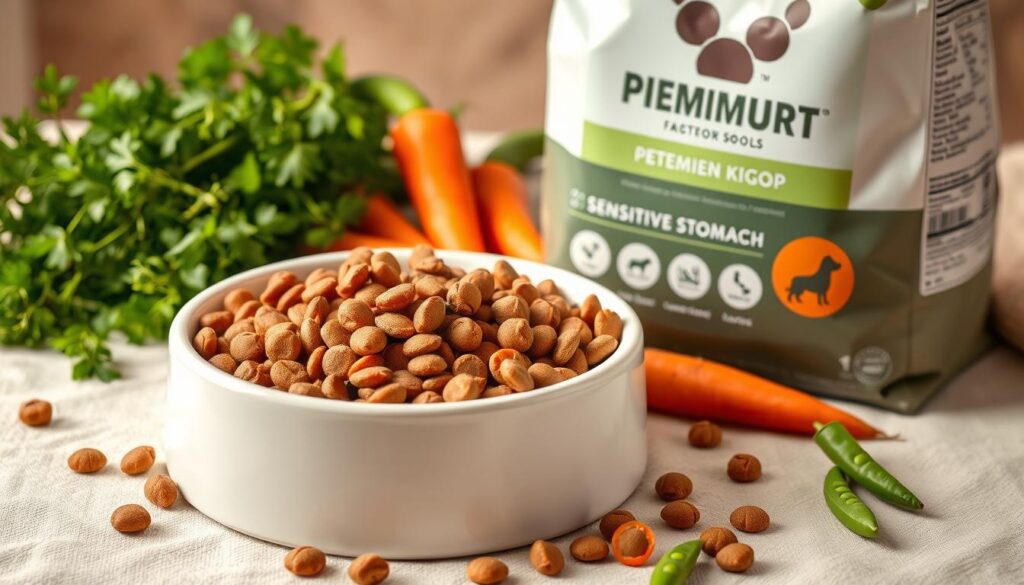Surprisingly, only about 8% of adults in America consume legumes daily, despite the National Academy of Medicine recommending a minimum of 0.8 grams of protein for every kilogram of body weight. This translates to around 50 grams of protein daily for a 140-pound individual and approximately 70 grams for those weighing 200 pounds. Protein is a vital nutrient that plays an essential role in maintaining health, supporting muscle health, and contributing to overall nutrition and weight management.
Incorporating a variety of protein-rich sources into your diet is crucial not just for meeting daily needs but also for providing essential nutrients like fiber, calcium, iron, and B12. This diversity ensures a balanced intake while maximizing the benefits that each source brings. From traditional animal-based proteins to innovative plant-based options, understanding why protein is essential will guide you in making healthier food choices and promote overall well-being.
Key Takeaways
- Only 8% of adults in America consume legumes daily.
- The minimum protein intake recommended is 0.8 grams per kilogram of body weight.
- Protein is critical for muscle health, growth, and overall bodily functions.
- Diverse protein sources contribute to a balanced intake of essential nutrients.
- Plant-based proteins can have lower environmental impacts compared to red meat.
Understanding Protein’s Role in the Body
Protein is a crucial macronutrient essential for maintaining numerous bodily functions. Composed of 20 different amino acids, proteins form the structural and functional components of every cell. This contributes to essential processes such as muscle repair, immune response, and hormone regulation. Understanding protein’s role in the body provides insight into its myriad benefits.
What is Protein?
As a primary building block, protein plays a significant part in creating enzymes and hormones that regulate vital bodily functions. Proteins include collagen, the most abundant protein in the body, serving as a structural component in bones, tendons, ligaments, and skin. They also assist in transporting substances within the bloodstream and are vital for maintaining fluid balance through proteins like albumin and globulin. The consumption of an adequate protein quantity significantly impacts overall health.
How Protein Supports Muscle Health
Proteins are integral for muscle building, particularly during exercise and resistance training. Insufficient protein intake can lead to muscle mass decline, especially as individuals age. Incorporating high-quality protein sources can enhance muscle strength and repair. Research suggests that diets rich in protein positively impact muscle development, showcasing the crucial role protein for muscle building plays in athletic performance and recovery.
Protein’s Impact on Nutrition and Weight Management
The protein impact on nutrition extends beyond muscle health. High-protein diets can improve satiety, leading to reduced calorie consumption and supporting effective weight management. It’s recommended that healthy adults get between 10% to 35% of their daily calories from protein. Consuming protein-rich foods promotes a healthy balance of nutrients while efficiently supporting the body’s needs during different activities and dietary practices. You can explore more about incorporating beneficial nutrients into your diet through sources like Vitamin E-rich foods.
Top Natural Sources of Protein
When it comes to the best protein sources, understanding the variety of options available can help you meet your dietary needs effectively. Protein is crucial for numerous bodily functions, and both animal-based and plant-based protein sources offer unique benefits that contribute to overall health.
Animal-Based Protein Sources
Animal-based protein sources are well-known for their completeness, providing all essential amino acids needed for muscle repair, hormonal balance, and various bodily functions. For example, a salmon fillet weighing 178 grams contains an impressive 39.3 grams of protein, while chicken breast offers around 22.5 grams per 100 grams. Other notable sources include:
- Ground beef (85g): 21.3g protein
- Tuna (107g): 20.3g protein
- Bison meat (85g): 21.6g protein
- Pork (113g): 19.1g protein
- Turkey breast (85g): 25.6g protein
- Halibut (159g): 29.3g protein
- Greek yogurt (200g): 19.9g protein
Eggs also serve as a reliable source of protein, with each large egg containing about 6.3 grams. These animal-based options not only provide protein but also essential nutrients like omega-3 fatty acids, especially found in seafood.
Plant-Based Protein Options
For those seeking plant-based protein sources, options like beans, lentils, chickpeas, and soy products such as tofu and tempeh are excellent. These sources offer additional benefits such as fiber and various vitamins. For instance, a cup of cooked quinoa has around 8.14 grams of protein, while a cup of cooked green peas provides about 4.12 grams. Other noteworthy plant options include:
- Hemp seeds (30g): 9.48g protein
- Almonds (28.35g): 6g protein
- Spirulina powder (112g): 64.4g protein
Incorporating a variety of nuts into your diet can also offer significant health benefits, promoting heart health and weight management. More insights can be found here.
The Benefits of Combining Proteins
Combining animal-based and plant-based protein sources can significantly enhance the overall amino acid profile. For example, pairing legumes with grains, such as rice and beans, provides a more balanced spectrum of amino acids. This combination is particularly crucial for vegetarians and vegans seeking to maximize their protein intake and nutritional value. By diversifying their protein sources, they can ensure adequate intake of essential nutrients and support overall health.
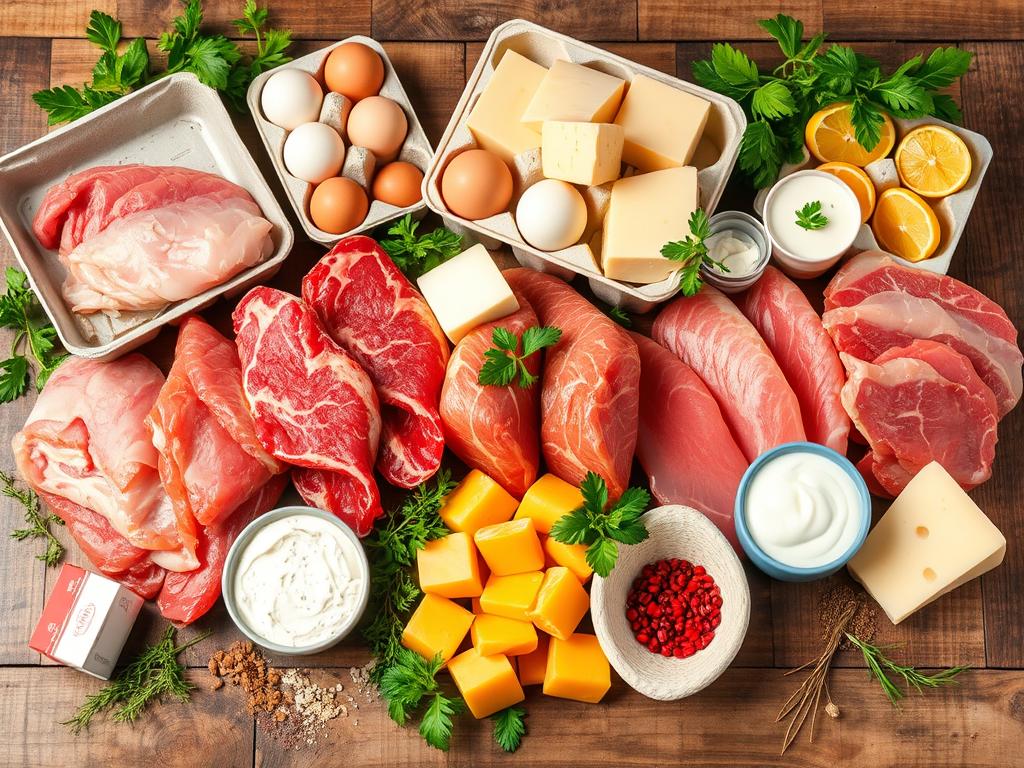
How Much Protein Do You Need?
Understanding your protein needs is essential for optimizing health and wellness. While the recommended dietary allowance for adults is set at 0.8 grams per kilogram of body weight, individual requirements can vary significantly based on age, gender, and activity level.
Daily Protein Recommendations
The daily protein recommendations suggest that a person weighing 150 pounds should aim for approximately 55 grams of protein per day. This guideline translates to about 5 to 6.5 ounce-equivalents for adults aged 19-30. Special considerations apply for certain groups: older adults greater than 60 may benefit from increased protein intake of around 1.2 grams per kilogram to counteract muscle loss associated with aging. Active individuals and athletes often require higher levels, generally ranging from 1.2 to 2.0 grams per kilogram daily.
Factors That Influence Protein Needs
Many factors can impact the amount of protein you require.
- Age: Younger individuals and adolescents typically need more to support growth and development.
- Activity Level: Those who engage in regular physical exercise may have heightened protein needs to support muscle recovery and growth.
- Health Conditions: Specific health concerns such as pregnancy or chronic illnesses may increase protein demands.
- Dietary Choices: Vegetarians and vegans must choose protein sources wisely to meet their needs, including beans, lentils, and soy products.
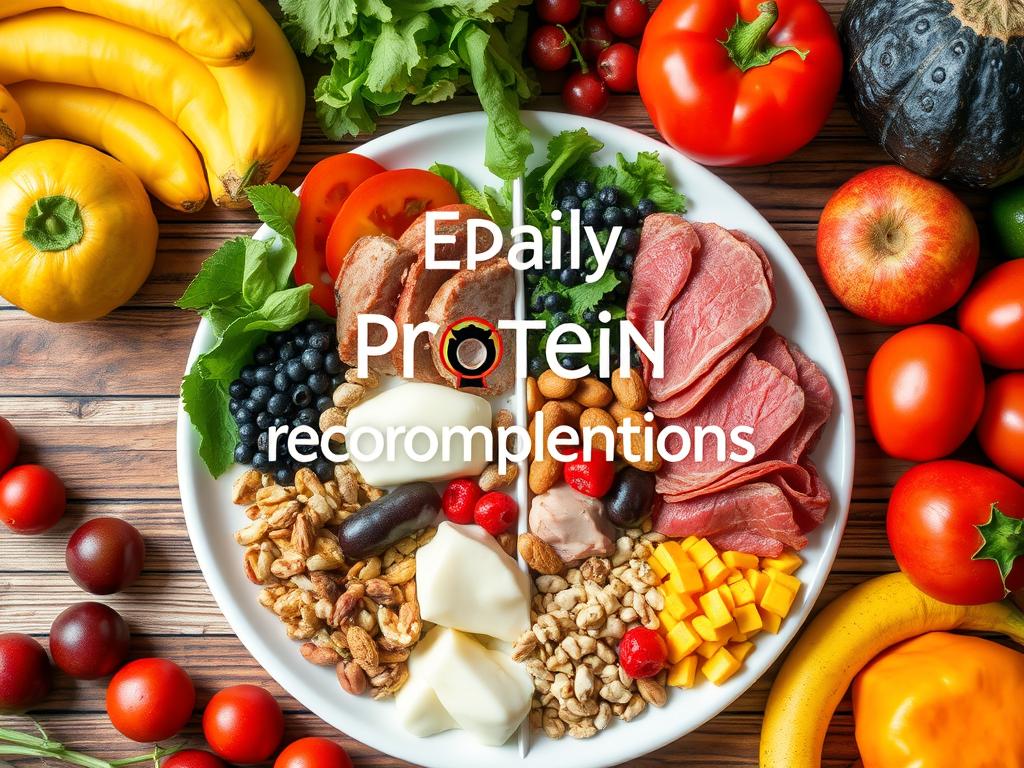
Tracking your daily protein intake not only aids in protein for weight loss strategies but also ensures overall health. Consulting with a dietitian can provide personalized guidance tailored to individual lifestyle and health goals.
Creative Ways to Include More Protein in Your Diet
Incorporating protein into your meals can be both easy and enjoyable. By exploring various high-protein recipes and snacks, anyone can find unique ways to increase protein intake while still savoring delicious flavors. Below are some ideas to make your meals and snacks more protein-rich without sacrificing taste.
Easy High-Protein Recipes
Consider these simple options when looking for high-protein recipes:
- Hearty lentil soups are delicious and filling, providing around 23 grams of protein per cup.
- Bean chili loaded with vegetables can easily serve as a comforting meal, with beans offering between 6 to 15 grams of protein per half-cup serving.
- Tofu stir-fries can be both flavorful and nutritious, adding about 20 grams of protein per cup of tofu.
- Start your day with a protein boost from oatmeal topped with nuts, or create homemade protein bars for a quick breakfast option.
Snacking Smart: Protein-Rich Options
Healthy snacking is an effective way to increase your daily protein intake. Some tasty choices include:
- Greek yogurt is a fantastic snack, containing 17 grams of protein per 6-ounce container.
- Cottage cheese packs a hefty punch with 23 grams of protein per cup.
- Nut butter on whole grain bread provides a satisfying treat with healthy fats and protein.
- Turkey sticks and roasted chickpeas serve as convenient, protein-rich snacks suitable for on-the-go.
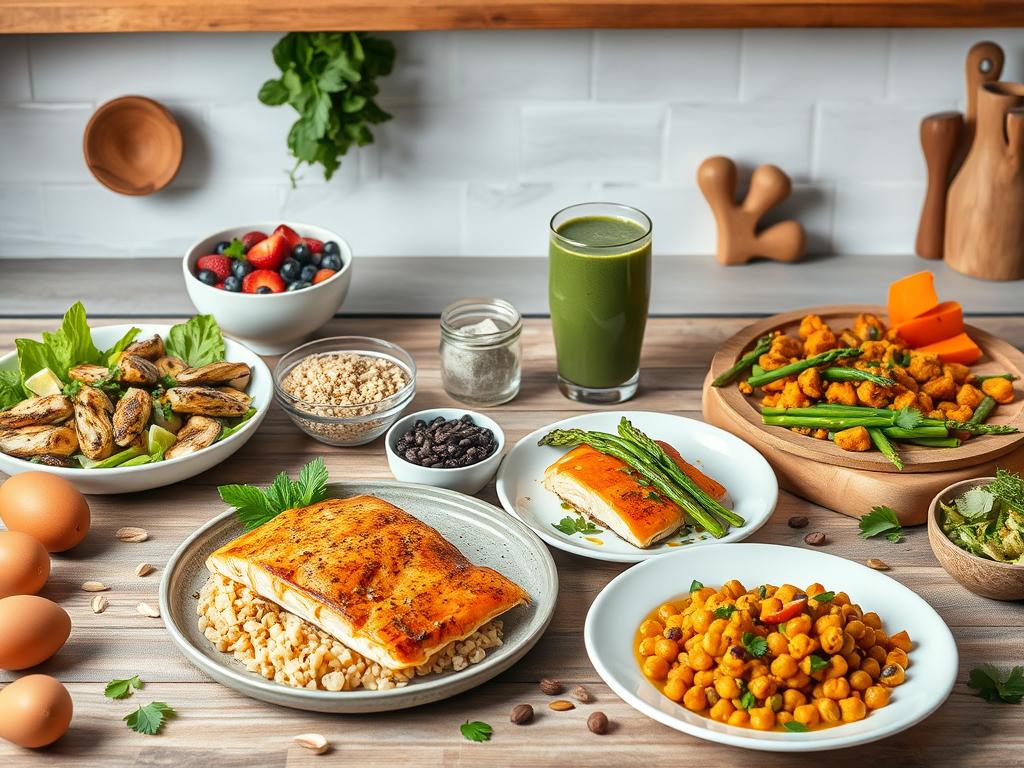
Choosing protein-rich options ensures meals and snacks are nutritious and fulfilling. With a variety of high-protein recipes available, it’s easy to incorporate more protein into your diet. The key lies in mixing and matching these delicious items, maintaining both nutrition and flavor in your daily meals.
| Food Item | Protein Content (per serving) | Calories (approx.) |
|---|---|---|
| Greek Yogurt (6 ounces) | 17 g | 100 |
| Cottage Cheese (1 cup) | 23 g | 206 |
| Tofu (1 cup) | 20 g | 190 |
| Nut Butter (2 tablespoons) | 7 g | 180 |
| Roasted Chickpeas (1/2 cup) | 6 g | 120 |
| Turkey Sticks (1 oz) | 9 g | 70 |
Common Myths About Protein Debunked
When discussing the myths about protein, one prevalent belief is that consuming more protein directly leads to increased muscle mass. In reality, muscle growth is a complex process that relies not only on protein intake but also on consistent resistance training and a balanced diet. Simply eating high amounts of protein does not guarantee enhanced muscle growth; it’s essential to have a comprehensive approach that includes adequate exercise and overall nutrition.
Myth: More Protein Always Means More Muscle
Another misconception revolves around vegetarian diets, where many assume they lack sufficient protein. Fortunately, numerous plant-based sources, like beans, lentils, and quinoa, provide ample protein when consumed in a variety. Combining these sources can yield a complete protein profile, fulfilling dietary needs effectively. Moreover, it’s essential to focus on the right type of protein for your specific dietary requirements, as some plant sources may lack certain essential amino acids.
Myth: Vegetarian Diets Lack Sufficient Protein
Lastly, let’s clarify the topic of protein supplements vs. whole foods. While protein shakes and bars may offer convenience, whole foods generally provide additional nutritional benefits, such as vitamins and minerals, that supplements can’t replace. Incorporating a range of protein sources into your meals, from lean meats like salmon and chicken to plant-based options, can help you meet your protein goals efficiently and sustainably. Ultimately, maintaining a balanced diet filled with diverse proteins supports overall health and aids in achieving fitness objectives.
Learn more about the commonprotein.

